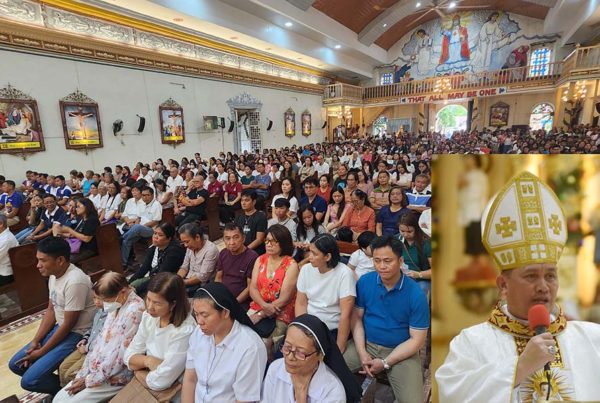‘Clean Water’ project in Dagupan starts next year
EXPERTS working on a sanitation project aim to make Dagupan a city free of water-borne diseases.
Dr. Jaime Galvez-Tan, team leader of the Swiss-funded Sustainable Sanitation in East Asia (Philippines) project, said their hope is “to see Dagupan City free of intestinal parasites, significant lowering of gastro enteritis and clear waterways as well as for 100 per cent of the residents to have access to safe drinking water system”.
Dagupan is currently in the “hot spots” list of high incidence of intestinal parasitism and gastro enteritis among residents due to unsafe drinking water.
Tan, a former health secretary, said the project is also targeting clean water for the sake of the city’s bangus industry.
“There is a need to preserve Dagupan’s good water quality in its rivers, otherwise this industry will die,” he said.
“So it’s not only safe drinking water for the people but also for the bangus that we’re looking at in this project,” he added.
A five-man team lead by Tan with three engineers and primary health care specialists, backed up by nine experts in clean water and sanitation, are currently conducting a survey in the city to establish baseline information on the water and sanitation situation.
The SUSEA team has forged a partnership with the Lyceum Northwestern University for the survey, the results of which are due for release in December.
The survey will be the basis for the sanitation infrastructure development for Dagupan, Tan said.
CRITICAL AREAS
Meanwhile, Councilor Jess Canto, chairman of the city council’s Committee on Health, accompanied the team to various critical barangays, including Pantal, which has been labeled as “the big toilet of Dagupan City“.
The e-coli level in the area is high due to human feces in its river.
Other critical areas are Malued, Tapuac, Calmay, Pugaro, Herrrero-Perez, all of which have problems on access on clean water and the absence of a proper sewerage system among most residents.
“Our vision is for Dagupan City’s residents to have access on potable water, proper sanitary disposal and good sewerage system to fight factors of health hazards,” said Canto in an interview with The PUNCH.
The SUSEA (Philippines) project, which started August this year, is a national program that is also being implemented in Bauko, Mt. Province; Guiuan, Eastern Samar; Polomolok, South Cotabato; Alabel, Saranggani and in General Santos City.#







